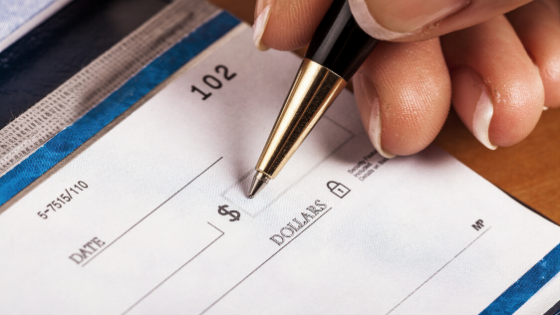
Show me the money!
Seriously. Show it to me. When do I get to see that sweet $1,200 stimulus check that doesn’t even fully cover my rent for a 300 square foot studio apartment in south LA? When?
To backtrack quickly, the $1,200 stimulus check is coming to your courtesy of the Federal Government which passed the Coronavirus Aid, Relief and Economic Security (CARES) Act a few weeks ago.
You are eligible for said check if you:
- Legally work in the United States and filed taxes in 2018 or 2019.
- Made under $75,000 filing independently, $150,000 for a married couple or $112,500 as a head of household. An additional $500 will be added to your check for each child and the check amount will taper out for yearly earners between $75,000 and $99,000.
- The $500 per child is determined based on the child tax credit which is is different than claiming a dependent. If you claim an elderly parent or a child over age 17 as a dependent, they are not eligible for you to collect the $500.
“Cool, I’m eligible,” you’re saying, “so when do I get my money?”
The government is trying to send out the checks as early as mid-April, which has been pushed back from the original early April timeline and they warn that some people might not get their checks until September. If you have a direct-deposit on file with the IRS though, you are more likely to get your payment sooner.
If you’ve received a tax refund in the past, the IRS should already have your direct deposit information on file. Eight out of ten taxpayers who receive refunds choose this route but if you’ve never received a refund or prefer a check instead of direct deposit, they likely don't have your information on hand. That means that for many taxpayers, stimulus checks are still a ways off.
The IRS currently says that they are working on plans for a web-based portal where taxpayers can input their direct deposit information online but United States Secretary of the Treasury, Steven Mnuchin, has not yet provided a timeline and speculations are that the portal won’t be available until mid-April but more likely the end of April or early May.
It is also believed that paper check options won’t begin rolling out until after all direct deposits have been sent. (Remember also that every paper check mailed costs taxpayers essentially $1 in processing and postage while direct deposits cost about ten cents. Now multiply this by millions of payments. There is no such thing as a truly free lunch.)
Your economic stimulus check amount will be based on your 2018 or 2019 tax returns. If you haven't filed yet for either year, this years deadline for 2019 taxes is July 15. The economic impact payment will be available for you to claim for the entirety of 2020, so get filing!
While the payments are based on your 2018 and 2019 taxes, the $1,200 coming to you is a refundable tax credit which means you don't claim it as taxable wages in 2020. It's just being given to you. Tax free. Let me repeat, it is essentially, according to the House Ways and Means Committee, free, untaxed money to those who qualify. The government's relief bill labels this payment as a "recovery rebate." It will either be applied dollar for dollar to lower the amount you owe in 2020 or it will be added to the refund you get back in 2020. Both ways, it's coming to you in cash form now and your current 2019 or potential 2020 (next springs) tax refund won't be impacted or reduced because of it.
In other good news, the IRS will not seize your stimulus check to cover any outstanding amounts owed. The law says, no offset in the amount for existing federal debts and they're going to honor that, even if you're on an installment plan.
If you happen to have made too much money to qualify in 2019 (that is, over $99,000) but are now finding yourself out of work, don't despair! Because the money is coming to us in 2020, taxpayers will claim the amount as a credit on their 2020 tax return. This means that if you have lost income in 2020 that now places you below the $99,000 a year where the stimulus checks taper out, you can claim the credited amount when you file your 2020 taxes next year. The same thing is true if you have a child this year and claim them as a dependent on your 2020 tax return.
If for some reason you make more than $99,000 in 2020 (who are you?!) and you collected an economic stimulus check based on your 2018 or 2019 tax returns, good news, you just got some free money that you still don't have to give back. Consider donating it to the arts! (Had to.)
Unlike unemployment where anyone legally allowed to work in the United States is legally allowed to collect unemployment insurance benefits, only those with social security numbers are eligible for the economic stimulus checks.
Lastly, if you are someone who has no taxable income, the IRS will be creating a simple form for you to fill out so you can still qualify and receive the economic stimulus check. No word yet on what this will be or when it will happen.
How do you know if you have taxable or nontaxable income? Anyone making over $10,400 a year in wages is legally required to file taxes. If beyond this amount you make a portion of your income from inheritance, scholarship awards, alimony or child support, or welfare payments, these are examples of non-taxable incomes.
Unfortunately, many musicians and freelancers don't traditionally receive refunds and most frequently owe the IRS money at time of taxes. This means that while we have a greater need for the income to arrive sooner, you know, since all our gigs have been cancelled and postponed indefinitely, it may actually be longer until we have an opportunity to collect them.
Still have questions? There's a lot of information that the Federal Government and the IRS still haven't released or figured out on their end. Remember, they're dealing with implementing multiple tiers and economic relief acts across fifty states and millions of people. Continue to check the IRS website regarding tax relief and economic impact payments for updates.
You can also get on our our email list to find out when we're posting and breaking down information specifically geared toward musicians and freelancers. A lot of financial planning speaks to those with steady employment and not to gig-economy workers. I believe that financial health and knowledge is the ultimate tool toward a successful and long-lasting career filled with less pain and more music.
And as always, check out our ever-updating list of financial aid available to musicians and what you need to know about unemployment.
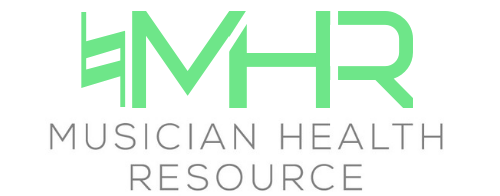



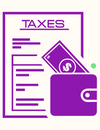

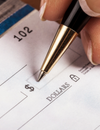
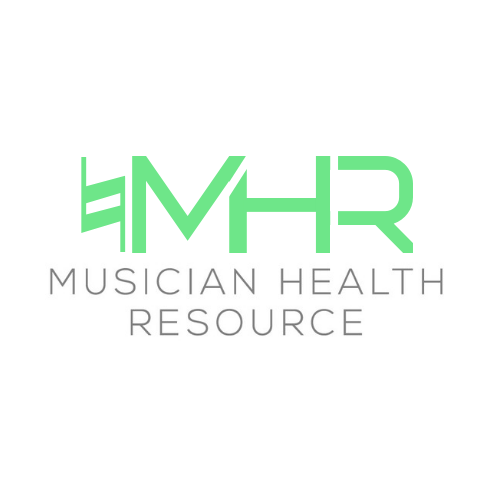
It doesn’t look like most Americans will be getting a fourth stimulus check this year. But some California residents are. Last week, a batch of Golden State Stimulus II payments arrived in bank accounts across California. The first round — amounting to 600,000 payments — went out on Aug. 27; and the Sept. 17 batch was much larger, with at least 2 million Californians receiving the benefit.